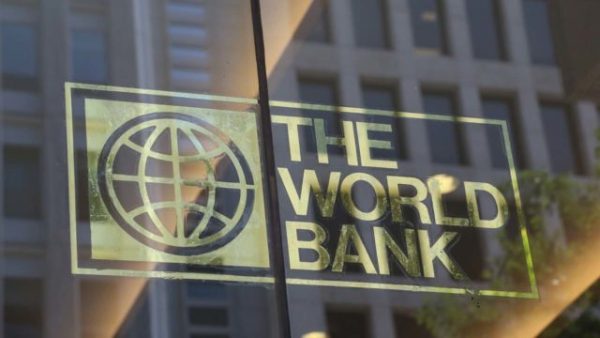World Bank Advocates Consultation On Diaspora Bond Issuance

World Bank has said that the success rate of diaspora bonds can be boosted if citizens living in the diaspora are consulted ahead of issuance.
The Bretton Woods Institution made this known in its latest Migration and Development Brief released in December, which emphasised that remittances from diaspora which have consistently grown for years were a better source of funding compared to shrinking Foreign Direct Investment.
The report said, “Chances for the success of an issuance can be improved by consulting with the diaspora ahead of time. Such consultations can provide valuable information on the potential market, the most suitable denominations, and the appropriate financial structure and interest rate. Consultations also can help dispel any distrust about the use of bond proceeds, which can be a barrier to diaspora participation.
“Multilateral guarantees, for example, against breach of contract, can also be used to support bond issuance. If needed for risk mitigation purposes or to meet eligibility criteria for guarantee support, a special purpose entity may be set up offshore for issuing the bond and remitting the proceeds to the government.”
This solution comes amid the mixed trend of success in diaspora bond issuance. While Nigeria was able to raise $300 million in 2017, Ethiopia, Nepal, and Kenya issued diaspora bonds, but they did not succeed in raising the amount of funds expected.
Diaspora bonds are retail bonds sold in small denominations to a large number of people. Although the cost of distribution of the bonds may be higher than plain sovereign bonds sold to institutional investors, the possibility of distributing bonds via mobile phones and digital platforms can lower such costs significantly.
A report by a nonprofit public policy organisation based in Washington, DC., Brookings Institution, titled ‘Diaspora bonds: an innovative source of financing?’, said: “The risk of defaulting on diaspora bonds, volatility in the African financial markets due to over-reliance on commodities (such as oil in Nigeria), and lack of transparency and confidence in domestic financial markets have decreased diaspora interest in these instruments.”
The report went on to say that developing countries without access to international capital markets tend to rely on remittances as a major source of external financing.
According to the National Bureau of Statistics, FDI in Nigeria declined by $470.8m in the last five years. On Friday, the NBS, in its third quarter 2023 Capital Importation report said the total foreign investments into the country dropped to $654.6m from $1.1bn in Q2.
FDI accounted for only 9.13 per cent of the total capital importation during the quarter ($59.77m). On a year-on-year basis, FDI decreased by 26.8 per cent from $81.72m recorded in the third quarter of 2022 to $59.77m in the third quarter of 2023.
Meanwhile, the AFDB President, Dr Akinwumi Adesina, said that Africans overseas had become the largest financier of the continent via their remittances and that it needed to be harnessed.
“The African diaspora has become the largest financier of Africa! And it is not debt; it is 100 per cent gifts or grants, a new form of concessional financing that is the key for livelihood security for millions of Africans,” he said.








